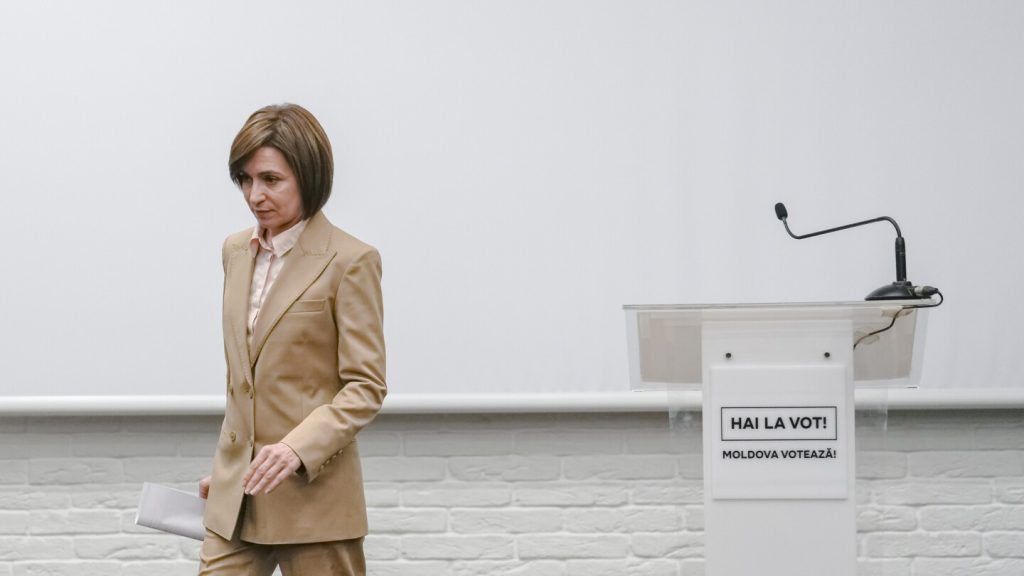Moldovans voted in favor of securing the country’s path towards European Union membership by a slim majority, with the “Yes” vote standing at 50.39% and the “No” vote at 49.61%. President Maia Sandu accused foreign interference and criminal groups of trying to undermine the vote, calling it a vile attack on Moldova’s sovereignty. Moldovan authorities have accused Russia of intensifying a campaign to destabilize the country and derail its EU path, including funding opposition groups and spreading disinformation.
Brussels agreed to start membership negotiations with Moldova following Russia’s invasion of Ukraine in 2022, granting the country candidate status alongside Ukraine. The European Commission noted unprecedented interference by Russia and its proxies in Moldova’s democratic processes and reiterated its support for Moldova’s EU accession path. Despite allegations of vote-buying and other forms of interference, Moldova’s referendum on EU membership passed, demonstrating the country’s desire for a European future.
In the simultaneous presidential race, President Maia Sandu won the first round with 42% of the vote but will face a runoff against Russia-friendly candidate Alexandr Stoianoglo in November. Voter turnout was high, with over 1.5 million ballots cast, representing about 51% of eligible voters in a country with a population of 2.5 million. The White House hailed the referendum as a historic step forward in Moldova’s European integration, while warning of potential Russian interference in the upcoming presidential runoff.
Earlier polls may have overestimated the pro-EU sentiment within Moldova, and the success of the referendum relied on votes from outside the country. The US National Security Council expressed concern over Russia’s efforts to interfere in Moldova’s democratic processes, citing millions of dollars dedicated towards undermining the election. A vote-buying scheme orchestrated by a pro-Russia oligarch and a foiled plot involving training sessions in Moscow and guerrilla camps in Serbia and Bosnia further underscored the challenges faced by Moldova in safeguarding its sovereignty.
A pro-Western government has been in power in Moldova since 2021, following Sandu’s election as president. The parliamentary election is scheduled for next year, with ongoing concerns about foreign interference and efforts to destabilize the country’s path towards EU integration. Moldova’s ability to address corruption, vote-rigging, and foreign interference will be crucial in securing its democratic processes and moving forward with its European aspirations. EU leaders have commended Moldova for its resilience against hybrid tactics and reiterated their support for the country’s independence and European future.


